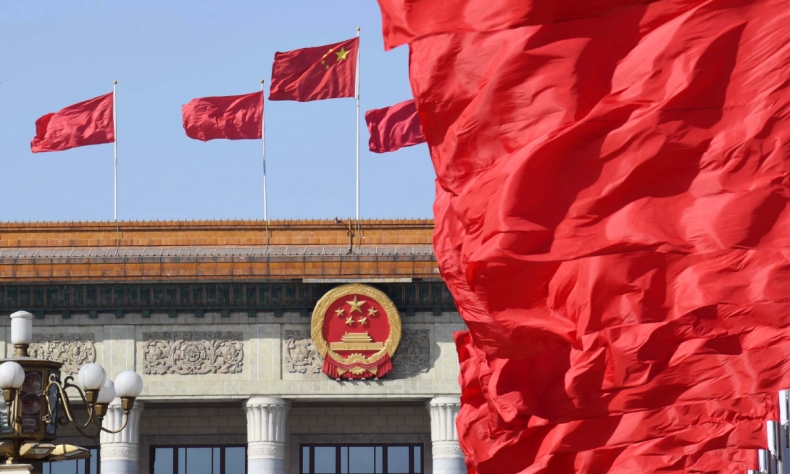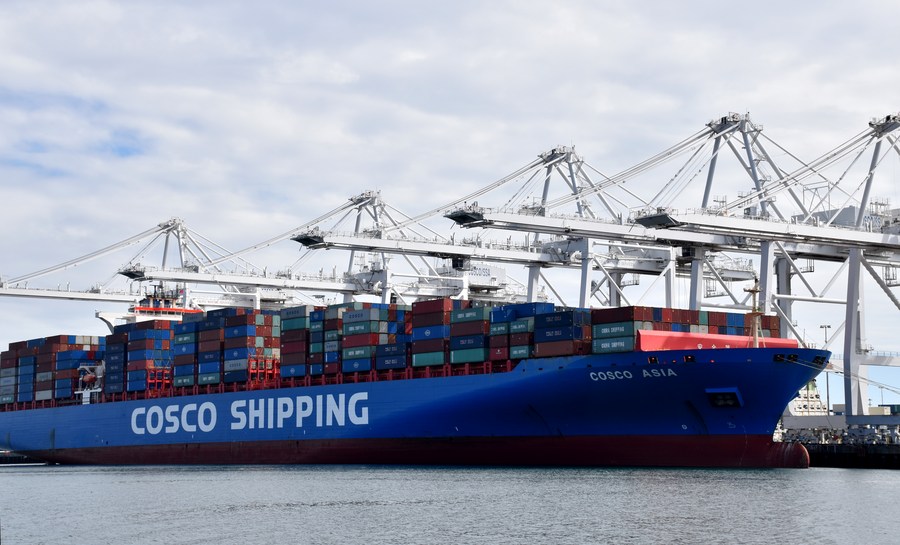China’s Foreign Policy in the New Era

China’s fundamental goals revolve around protecting its own development and its critical national interests in the form of national sovereignty and territorial integrity. To do this, it will seek to avoid cycles of conflict and escalation wherever possible.
During China’s “two sessions,” taking place this week, Chinese Foreign Minister Qin Gang set out the country’s priorities regarding its relations with the rest of the world. This was defined as “its commitment to global peace and development, as well as its readiness to confront ‘jackals or wolves’ head-on to defend its sovereignty, security, and development interests,” as quoted by Xinhua.
Starting in the 1980s, China pursued a foreign policy that was guided by “reform and opening up.” During this time, China prioritized building ties with the rest of the world in order to facilitate economic development at home. This included seeking stability, cooperation, and certainty in its ties with the United States and the West. For a long time, this approach was successful as the West was open to engaging with China, allowing the development of trade relations.
However, the world has changed, and not for the better. The acceptance of China by the U.S. in these past three decades has been based on the subtle conditionality that positive engagement with China was designed to act as a “transformative” force that would see China, through the formula of reform and opening up, transition to meet the expectations of the West’s ideological vision for the country. China, however, has chosen its own development path with its interests and, as such, has not followed the Western “route” laid out for it.
By 2017, the United States made the decision to render China a “strategic competitor” and has since then, through successive administrations, utilized a growing scope of policies that attempt to forcibly block the rise of China through a resort to strategic, military, and economic containment, as well as waging a public relations war against the country. Despite the fact that China has insisted on goodwill and continued cooperation in its ties with the United States, this has never been reciprocated, and Washington D.C. has become gripped by an extreme Cold War-laden paranoia that shows no rationality or constructiveness.

These policy shifts by the United States have subsequently begun to roll back the processes of open globalization that it once championed. No longer believing free trade and cooperation to be an ideological “transformative” force spreading American values and influence, the U.S. has shifted its foreign policy towards geopolitical confrontation and the deliberate aggravation of tensions throughout the world, including through such measures as “decoupling.” The result of these changes, combined with critical global turning points through the COVID-19 pandemic and the Ukraine crisis, has created a much more insecure, unstable, and uncertain international environment that poses new challenges for China.
In confronting these new challenges, China has long reiterated its position that it rejects “Cold War politics,” and the onset of hostility from the United States does not mean that China will reciprocate in a way that induces “bloc confrontation,” playing into American hands. As Qin Gang noted, China must avoid the pursuit of a “zero-sum game” at all costs. Instead, China’s foreign policy seeks to sustain its fundamental national interests through the pursuit of multilateralism, cooperation with other countries, and continuing to champion “an open and inclusive world economy and the building of a community with a shared future for humanity.”
In seeking this more multipolar approach to world affairs, Qin’s speech subsequently emphasized that China’s foreign policy is also centered around its core national interests to defend the “Chinese path to modernization” and that “every country has the right and ability to choose its own path and hold its future firmly in its own hands.” In other words, China’s position is that countries should be allowed to develop according to their own interests and, as such, rejects the Cold War approach, which attempts to forcibly divide the international system along these lines. That is why China promotes openness, diversity, and sovereign equality as important principles.
China faces a myriad of new challenges in navigating a changing world, wherein certain countries seek to actively suppress its rise. China’s fundamental goals revolve around protecting its own development and its critical national interests in the form of national sovereignty and territorial integrity. To do this, it will seek to avoid cycles of conflict and escalation wherever possible, seeking multilateralism and building positive relationships with like-minded countries.
 Facebook
Facebook
 Twitter
Twitter
 Linkedin
Linkedin
 Google +
Google +







